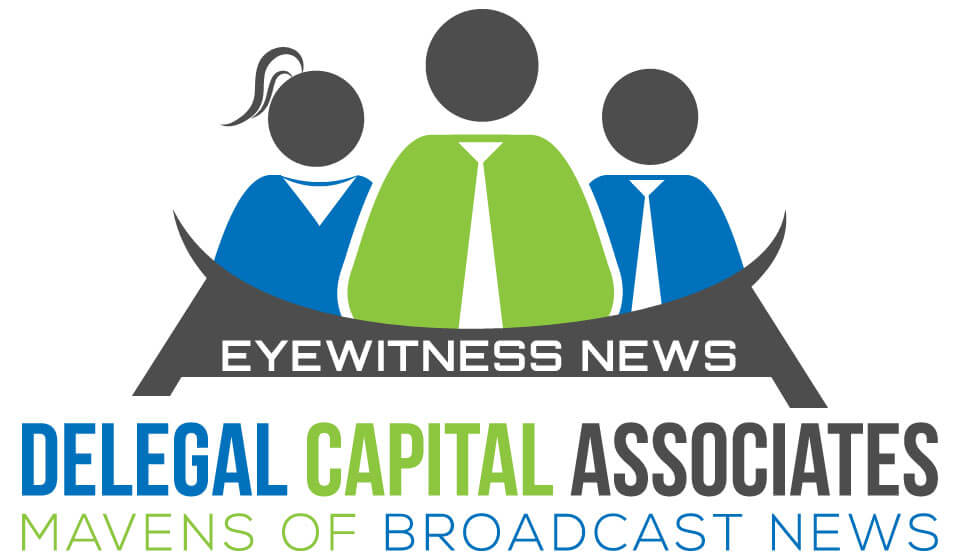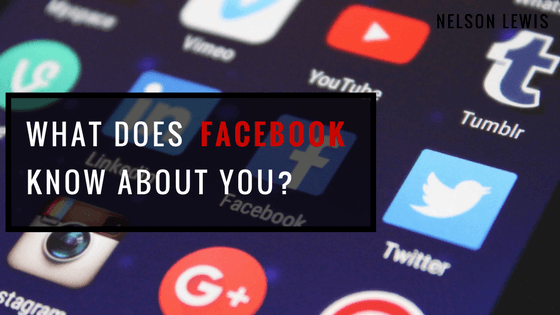Unless you’ve been living under a rock or in the middle of a WiFi-free zone for the past month, you’ve probably heard of Cambridge Analytica. Not all that long ago, the consulting firm was unceremoniously kicked into disgrace on charges of blackmail, entrapment, and stealing data from over 87 million Facebook users. Compared to the first two charges, the third seems more than a little vague and even unimportant. After all, who cares whether you commented on a picture of your girlfriend’s mom’s cousin’s cat? I certainly don’t.
But the hubbub over the scandal has reached new volumes; company founder and CEO Mark Zuckerberg was recently called before congressional panels to explain the tech company’s policies towards data harvesting and user privacy. At the time, Zuckerberg looked more like a freaked student in middle school detention than the CEO of one of the most influential tech companies in the world. But the multitude of questions pointed in his direction ultimately boil down to two basic asks:
First, what “data” did Cambridge Analytical steal from our profiles?
Second, why should we care?
Defining Data
So, the term “data” can encompass a lot of, well, data. This catchall includes personal information such your birthday, phone number, emails, contacts, as well as your on-Facebook likes, dislikes, statuses, shares, and even details of your off-Facebook browsing records. This means that when you browse the web, Facebook has a record of the sites you open; if you visit Best Buy’s website, for example, you might see ads relating to tech products pop up beside your usual feed the next time you log in to Facebook.
Now, this alone isn’t so bad. After all, wouldn’t we rather have ads that are relevant to our interests over those that aren’t? But most people are concerned about the other, less-understood data mining Facebook conducts. When you sign up for a profile and give Facebook permission to access your contacts, you allow it access not only to your information, but that of your friends as well. This gives Facebook the means to build so-called “shadow profiles” of your friends, or bare-bones files that enable the platform to suggest friends if or when they do sign on. The information Facebook gathers can border on creepy: Facebook has the capability to gather biometric facial data that enables it to recognize your face without explicitly asking for permission. After some outcry, Facebook did allow users to opt out of facial recognition. However, this does point to a larger problem: permissions are often signed away in long legalese statements, rather than stated clearly and upfront.
But Why Should We Care?
Is it really such a big deal if Facebook has access to the information that you liked a conservative news page or if it knows that you and your roommate from college still comment on each others’ personal profiles?
Maybe. It depends on what you’re comfortable with.
See, the problem with allowing a company too much information lies isn’t that it has it in the first place, but that it can be leveraged to manipulate users. Cambridge Analytica boasted that it could use Facebook data to figure out user personality traits, then deploy digital ads specifically crafted to impact those that fell within certain target audiences. This strategy can be used by advertisers and political operatives alike to significantly impact user behavior – and has.
What liberals like to forget in the hubbub of the Cambridge Analytical scandal is that President Barack Obama leveraged Facebook data during his 2012 campaign. As one article in the New York Times recalls it: “The campaign’s data collection practices were so extensive that, according to the New York Times in 2013, it triggered Facebook’s “internal safeguards.” After a review, Facebook told the campaign, “You can do this as long as you stop” after the election.”
This is crazy! How are we not calling THAT out as voter fraud?
This data tracking can be great for advertisers, businesses, and even those consumers who want more targeted advertising. However, these data-collecting practices also open us up to complex privacy issues and propaganda risks.
Ultimately, the Facebook and Cambridge Analytical scandals boil down to one point:
Be careful what you read online.
Because odds are good that someone put it there for you to find.

